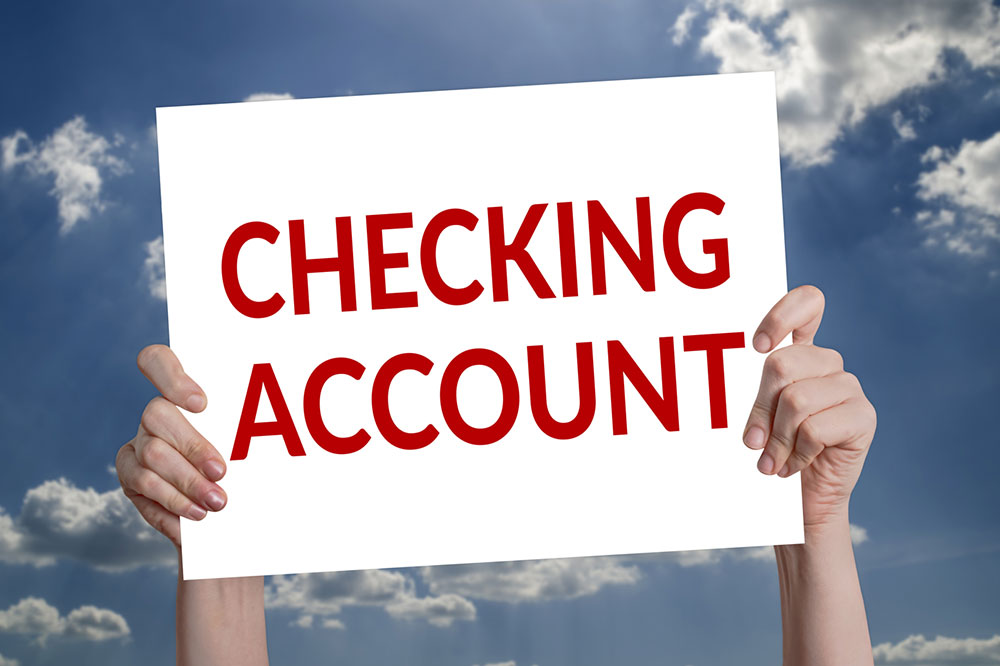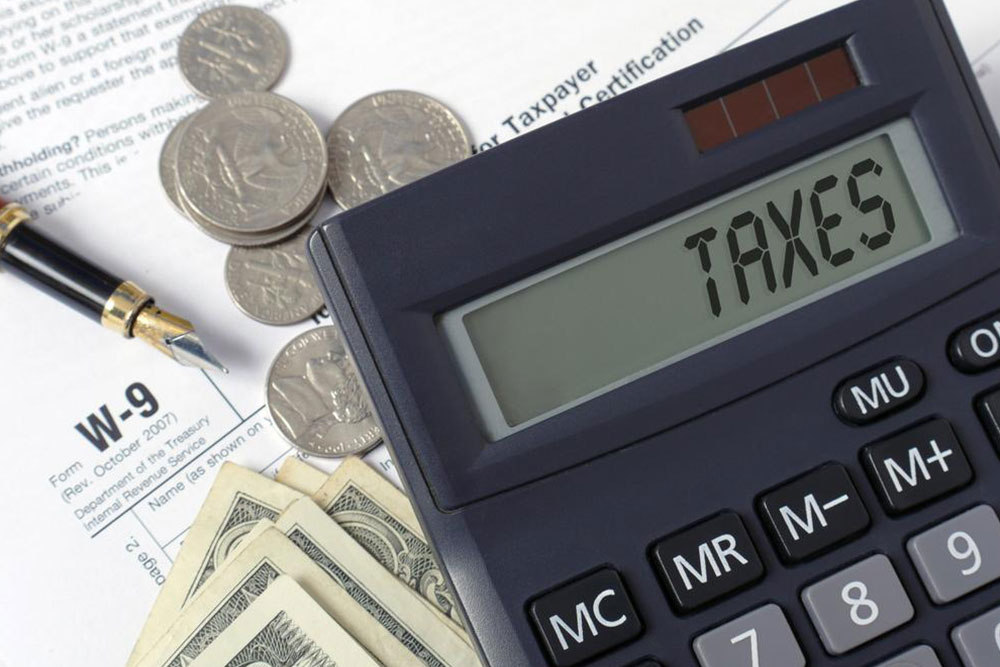How to Open a No-Deposit Online Checking Account
This article provides a comprehensive guide to opening online checking accounts without deposits, emphasizing low fees, minimum balance requirements, account management tips, and understanding check processing. Ideal for those with bad credit or seeking no-deposit options, it offers practical advice to navigate the banking system efficiently and securely.
Sponsored

How to Open a No-Deposit Internet Checking Account
This guide explains the process of opening an online checking account without the need for a deposit, especially for individuals with poor credit. Here are two key tips:
Select a checking account with low or no minimum balance requirements to save over $100 annually on fees.
Many banks waive checking fees when direct deposits are made, offering added benefits like quick access and security.
Important questions to consider when opening an online checking account:
What is the minimum balance requirement? How does the bank calculate it? Usually, the lowest daily balance in a month is used for the average balance calculation.
Does the minimum balance include other account holdings? What is the deposit clearance policy? For accounts like NOW accounts, checks may take 10-14 days to clear, potentially affecting interest and overdraft fees.
What are the overdraft charges?
Often, customer treatment varies. To get better service:
Maintain loyalty by using multiple bank services such as savings, checking, safe deposit boxes, and timely loan repayments.
Negotiate interest rates or overdraft help when needed.
Finding the ideal NOW bank account (interest-earning checking) is easy. These accounts, legal in the U.S., vary widely in features:
No minimum balance or low requirements, usually up to $1,000 at savings institutions.
Balances are calculated based on the greater of average monthly or daily balances. Some banks include funds from other accounts in the minimum balance.
Penalties for falling below minimum balance:
Loss of interest, flat fees, or per-check charges.
Interest may be paid on average daily balances or lowest balances over a period, and often quarterly. Ask your bank for the annual interest rate.
High-income earners may prefer tax-free or no-fee bank services with alternative investment options like money-market funds.
Tips for managing checks: Postdating checks can be useful in certain situations, such as installment plans. Checks may process without regard to date if the bank sees sufficient funds. Be cautious, as bounced checks incur fees and can harm your credit.
Is writing a check with insufficient funds illegal? Generally, yes, as it indicates intent to defraud. Sometimes, banks pay on bad checks for long-term customers or cover the shortfall, but this varies.
Even with sufficient funds, delays in check clearing—especially with out-of-state banks—may cause bounced checks. Responsibility for losses usually lies with the recipient, not the bank, which acts as an agent.
Always research thoroughly to learn how to open a secure online checking account suited to your needs.






